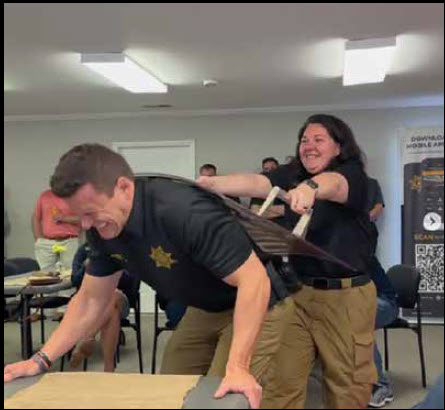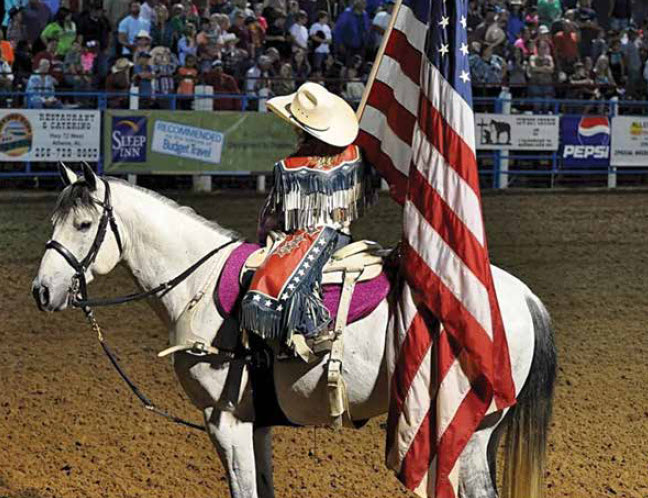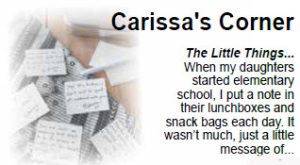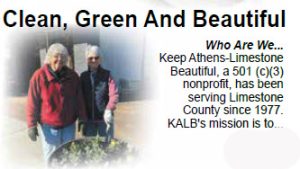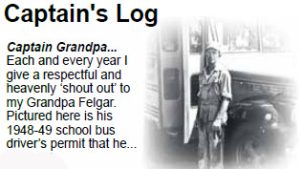It is hard to believe that it has been more than 20 years since I spent three of the most transformational years of my life in what we have affectionately come to call the Great Sandbox — better known as Iraq.
The life lessons learned there have stuck with me. I watched brave Iraqis grapple with the fall out of having been ruled by Saddam Hussein for decades and then try to build a culture and a nation that was replete with new choices and opportunities. I watched Sunnis and soldiers crash into the love of God for the first time and experience that unmistakable blend of joy and relief that comes with knowing that you are forgiven totally. I watched soldiers grieve over the knowledge that their Stateside wife just filed for divorce or perhaps was pregnant with another man’s child.
I watched soldiers cause the marble walls of the ballroom in Saddam’s Birthday Palace reverberate with songs of praise. I made coffee, timed races, showed movies, played ping pong by the hour, try to learn how to play pool, and get really good at Yahtzee. But the thing that wipes me out to this day was having the honor of experiencing what I have come to call “the heart that runs into the fray.” This happened all day, every day, and it showed up in soldiers from nations as far flung as South Korea and Uganda.
What is this “frayed” heart? In a word, it is that unmistakable quality that I don’t think can be taught in boot camp; the one that compels a Joe or a Jane to run into the burning building and put themselves in harm’s way in the off chance that they can make a difference. This past Tuesday, I saw it in the hearts of the Limestone County Sheriff’s Chamber of Commerce coffee held at the rodeo grounds. They were fresh off of a triumph: nine men had been arrested who had trafficked girls, and a girl was returned to her family.
They were talking about the rodeo that was about to be an important part of spring in Limestone County. They swallowed back tears as the special needs rodeo was discussed, and how it had changed their lives. I spoke at length with a sergeant whose primary duty was with inmates, and who wanted to make a difference in their lives. He was determined, and he was weary. This is something I saw over and over in Iraq, and it even showed up in 130+ degree heat.
But what got me thinking about a lingering effect from the “Sandbox” was watching as our Sheriff, Josh McLaughlin, allowed himself to be tazed in various ways in order to demonstrate new equipment that greatly reduces the need for lethal force. This equipment is expensive, and it was purchased through the proceeds from the annual Sheriff’s Rodeo. He didn’t ask his officers or detectives to be tazed; he did it. He also gave US a chance to be recipients of “less-than-lethal-force” if we so desired, and not surprisingly, there were no takers.
I so wanted to say to him, “That’s okay, we don’t need the demo,” and when he asked if there were any questions, I was the first to ask, “How long does it (the effect of the shock) last?” He looked at me and said, “It’s over immediately.” I was relieved; relieved as I was 20 years ago when I watched soldiers functioning under the type of true leadership that would not dream of asking their squads to do something that they themselves would not do. To me, this is the heart that runs into the fray, and I would say that we are blessed to have it here in Limestone County amongst our veterans and first responders.
By: Ali Elizabeth Turner


